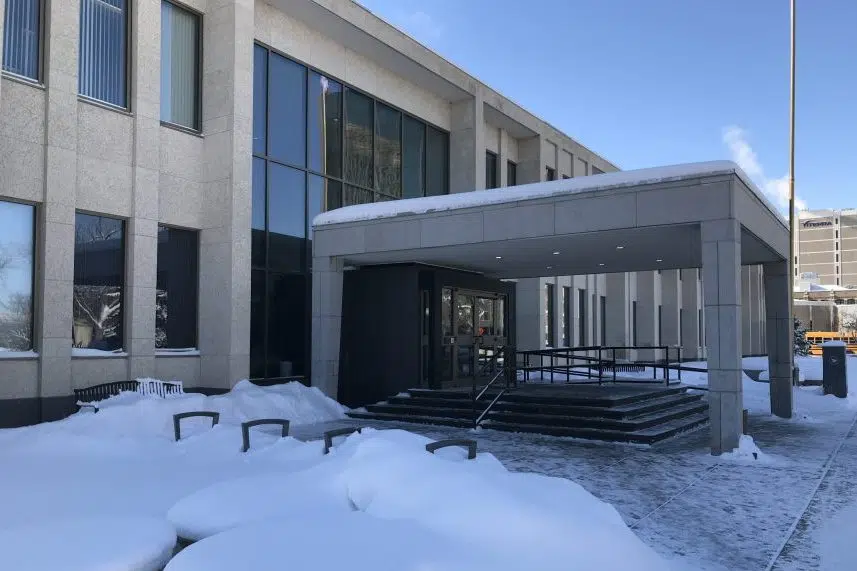Arguing for its case, but also standing up to a lot of questions from the bench – the lawyer for the Government of Canada laid out the rationale for the federal carbon tax on Thursday morning.
She spent a lot of time talking about the threat of climate change, arguing that it’s a big enough problem – both in severity and scope – that the federal government needs to take action.
Sharlene Telles-Langdon talked about specific effects Canada could feel from climate change, including the thawing of permafrost in the north which could create problems for northern communities.
She also discussed the idea that the federal government needs to act because emissions don’t stay within provincial borders and one province can’t regulate another. So if one province doesn’t do anything about emissions it could have a negative effect on another which is taking steps to reduce emissions.
Telles-Langdon got quite a few questions from the justices during her argument. One justice challenged her and in one case presented a “what if” scenario, trying to determine where the edges are of these proposed federal regulations.
Nine intervenors spoke one after the other in the afternoon, all supporting a carbon tax.
They included the Province of B.C., the Canadian Public Health Association, and the Athabasca Chipewyan First Nation – which is arguing that not doing something about climate change would be a violation of treaty rights.
Saskatchewan lawyers finish off the case
One of the lawyers for the Saskatchewan government, Mitch McAdam, said he wasn’t surprised by the arguments the Canadian Government brought. And he’s confident in the constitutional arguments he made.
Saskatchewan’s lawyers made their main arguments Wednesday morning, with their supporting intervenors speaking in the afternoon.
McAdam got another half hour at the end of everyone else’s submission on Thursday afternoon to reply.
McAdam addressed several points that were brought up by the intervenors over the two days but brought it all back around to where he started Wednesday, saying this case isn’t about saving the planet from climate change, it’s about jurisdiction and federalism.
Speaking to media later, McAdam acknowledged this is a significant case.
“It’s a very important issue and you could tell that with all of the intervenors, and I think a number of them view this a very important issue and we don’t disagree with that. But the submission that we made in court was: that doesn’t change the division of powers in our constitution.”
The justices reserved their decision but didn’t give a timeline for when it might be finished.
In court, McAdam said later that a case like this could take six months to a year to resolve, but he did make a point of mentioning in court that the carbon on consumer goods comes into effect in April.
“We hope the judges keep that in mind but we realize they have a lot of material to go through.”











